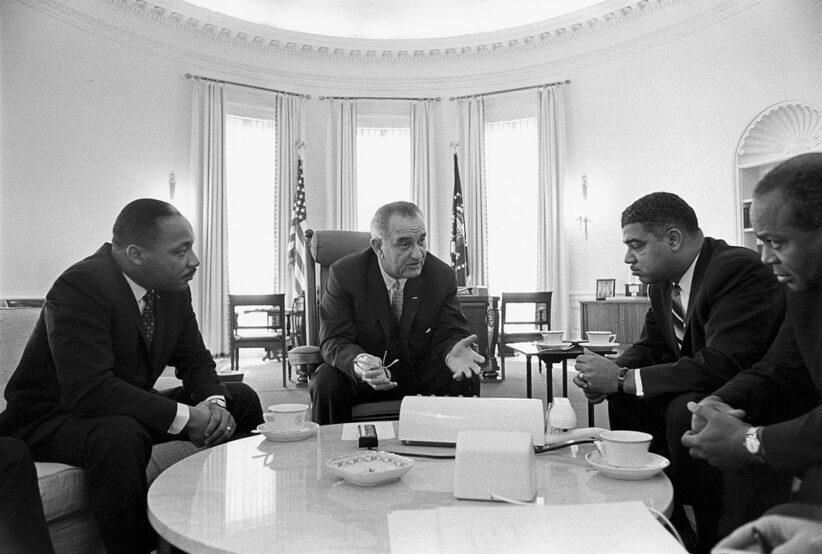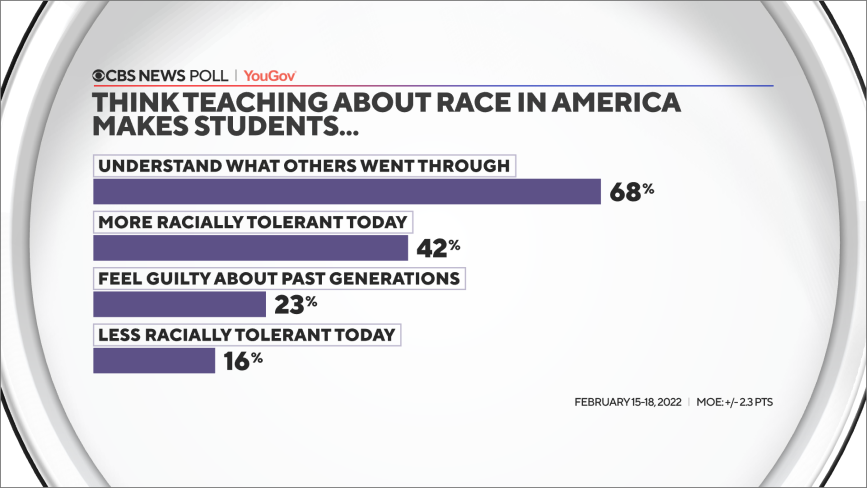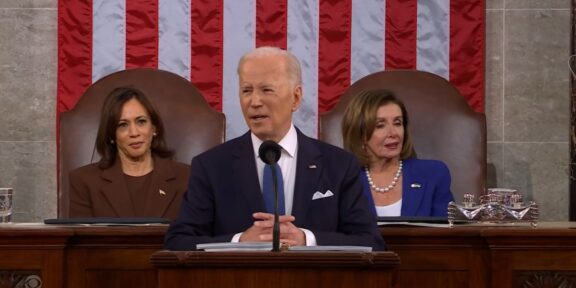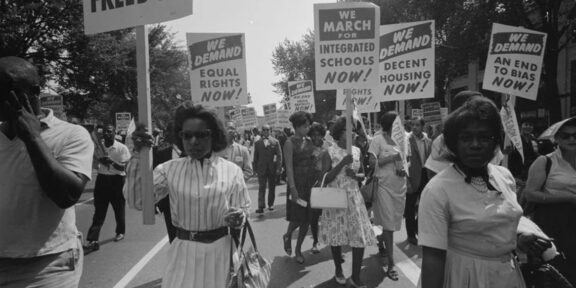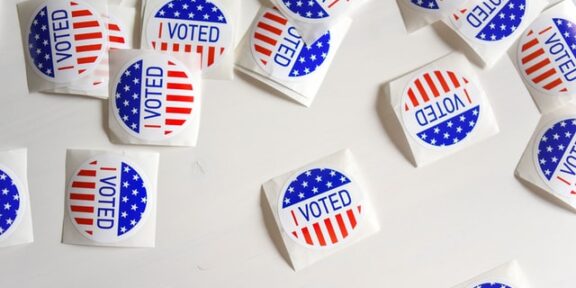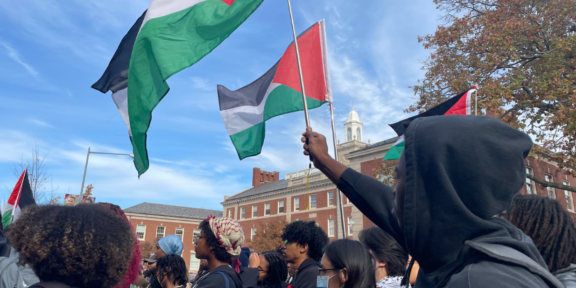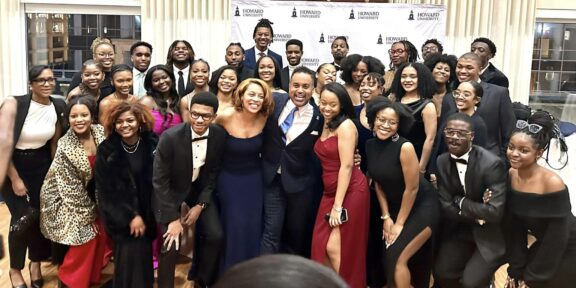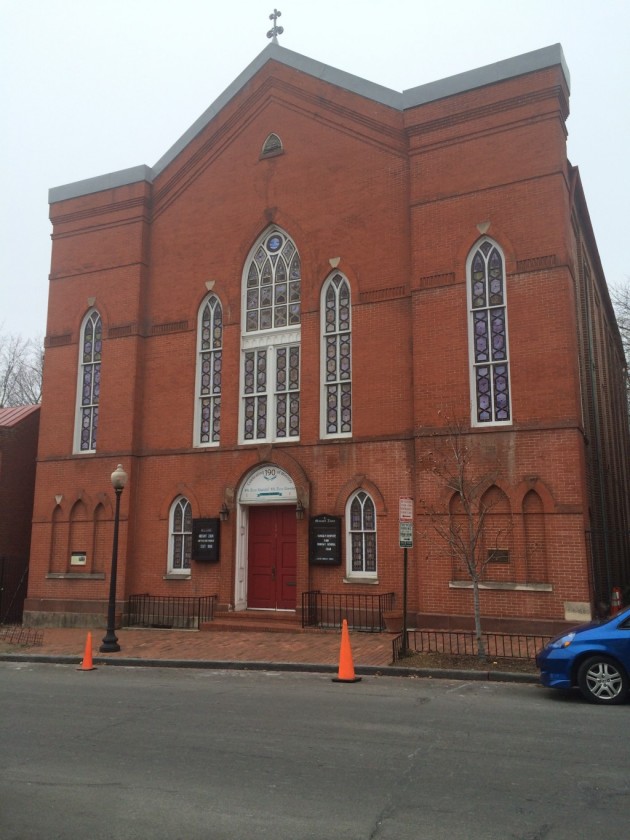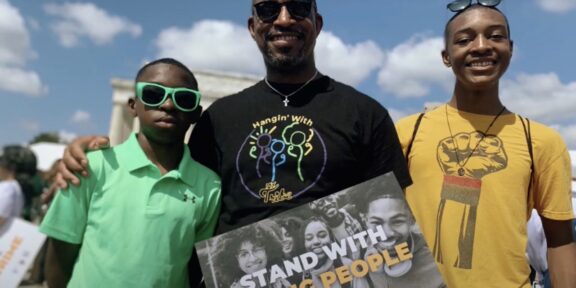By Airielle Lowe
Howard University News Service
Florida’s “Individual Freedom” bill passed by a 74-41 vote today in the House of Representatives and is causing quite the controversy over its content, as it works its way through the state’s senate committees.
The basis of the bill seeks to prohibit talking about race, color, sex or national origin under the guise that it offends others or, in the case of the classroom, that it would persuade students to a particular point of view.” The emergence of such legislation would undoubtedly limit true discussion of Black history and has incited outrage.
The bill comes in the wake of the state’s ban on critical race theory and its equally controversial “Don’t Say Gay” bill, which has been denounced by President Biden and serves to limit school discussions of gender identity and sexual orientation. Republican Gov. Ron DeSantis backed both bills in addition to the Florida Board of Education’s ban last year of not only critical race theory, but also the “1619 Project.”
Florida’s move to limit what is taught in public schools is no different from what other states have done. However, these political decisions have greater social impact. Many of these states have Black populations and Black students who, because of these bans, may be unable to learn more of the already limited knowledge provided on their history.
“It’s part of an overall matrix — banning books and trying to prevent the teaching of the full version of history,” said A’Lelia Bundles, award-winning journalist and author of “On Her Own Ground: The Life and Times of Madam C. J. Walker,” her great-great-grandmother.
“All of that is a part of an overall backlash,” Bundles added. “It’s part of a pushback to progress, to creating more rights for people. … Florida is one little piece of the pie.”
When initially drafted several weeks ago, Florida’s “Individual Freedom” bill sought to prohibit schools and employers from causing their students and employees to feel “discomfort, guilt, anguish or any other form of psychological distress on account of his or her race, color, sex or national origin,” among other rules.
Following outrage about the bill, however, the language was altered. Instead of focusing on schools causing students to feel distress, for example, the amended bill discusses “prohibiting classroom instruction and curricula from being used to indoctrinate or persuade students in a manner inconsistent with certain principles or state academic standards.”
These attempts to limit the teaching of American history are not new. Bundles recalled her own high school textbooks that only mentioned Black people during slavery. The textbooks described slaves as “content” and “better off” and claimed that slaves were treated fairly well.
The teaching of Black history varies from state to state. A 2015 study by the National Museum of African American History found that only 8% or 9% of history class time is devoted to Black history. If bills banning critical race theory with a priority on protecting the “feelings” of white people continue to grow, then this number is sure to remain the same, or drop even lower.
“Black people are largely treated as an asterisk in the American story,” Pulitzer Prize-winning journalist Nikole Hannah-Jones remarked in an interview with NPR. Hannah-Jones, a new professor at Howard University, is also the creator of the “1619 Project,” which examines the modern legacy of slavery, as well as bringing forth the argument that American and Black history are intertwined more than many Americans have been taught.
In the class that Hannah-Jones teaches, discussion of race and implications behind the lack of knowledge in classrooms is brought forth on a weekly basis. Many Black students filling the room (especially those who come from predominantly white high schools) share similar stories of not knowing certain aspects of Black history until entering that very classroom or arriving at an HBCU.
“The harm that I see is that generation after generation after generation of Americans are ignorant,” Bundles said. “No matter what their race, if in the school you are not being taught an accurate version of history that encompasses the good, the bad and the ugly, you’re going to be ignorant.”
However, it is never too late to act upon legislation that affects the lives of marginalized communities. Award-winning journalist, author and professor Jelani Cobb said that one thing that can be done for the communities affected by such laws is to mobilize on the ground — and to not only protest, but to continue to vote in their states and districts.
“This is ultimately about power, and what people have to do is organize on the local level,” said Cobb, who teaches at Columbia University and writes a column for the New Yorker.
Though many argue that voting does not matter, Cobb argued otherwise. “Clearly it does, because you see this kind of legislation being passed or being considered and you see what the implications of it are.”
Airielle Lowe is a reporter and regional bureau chief for HUNewsService.com.

